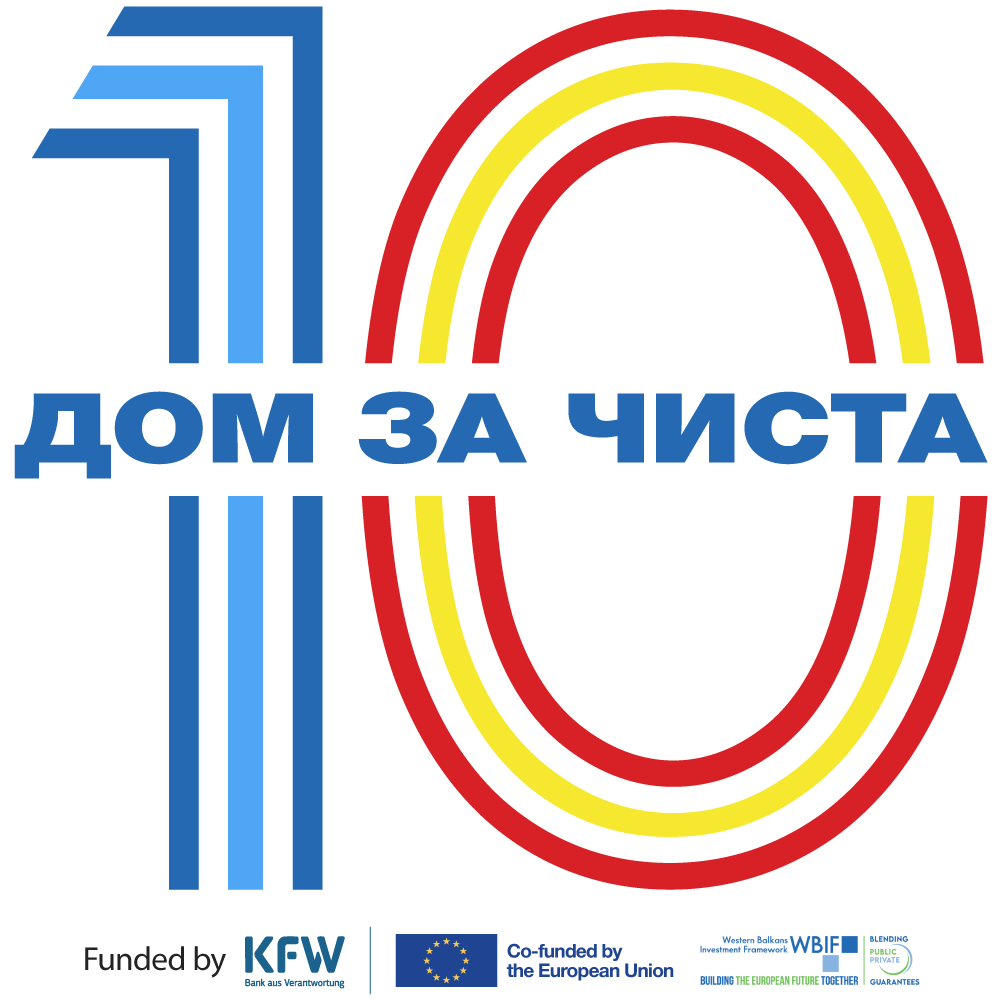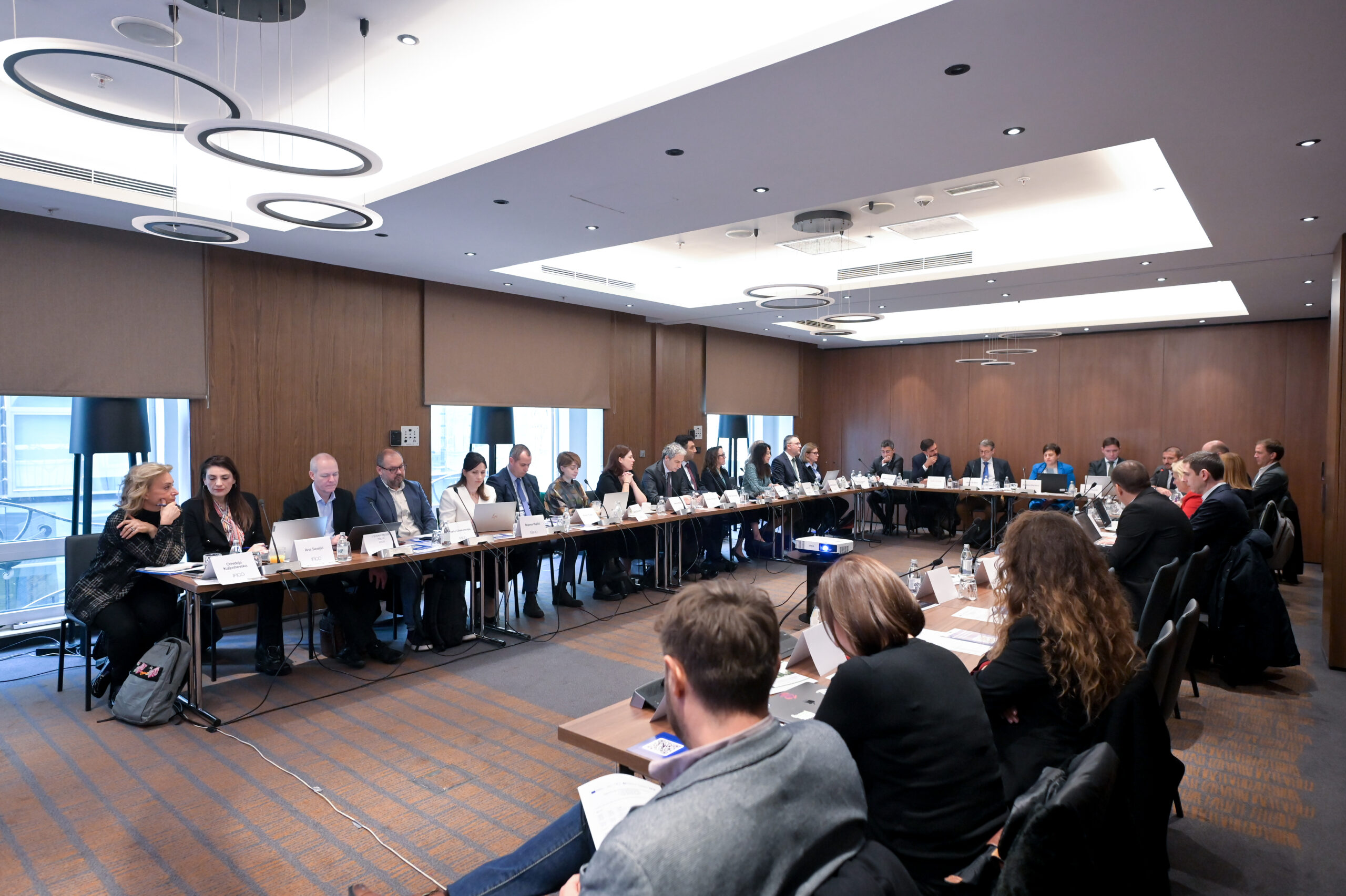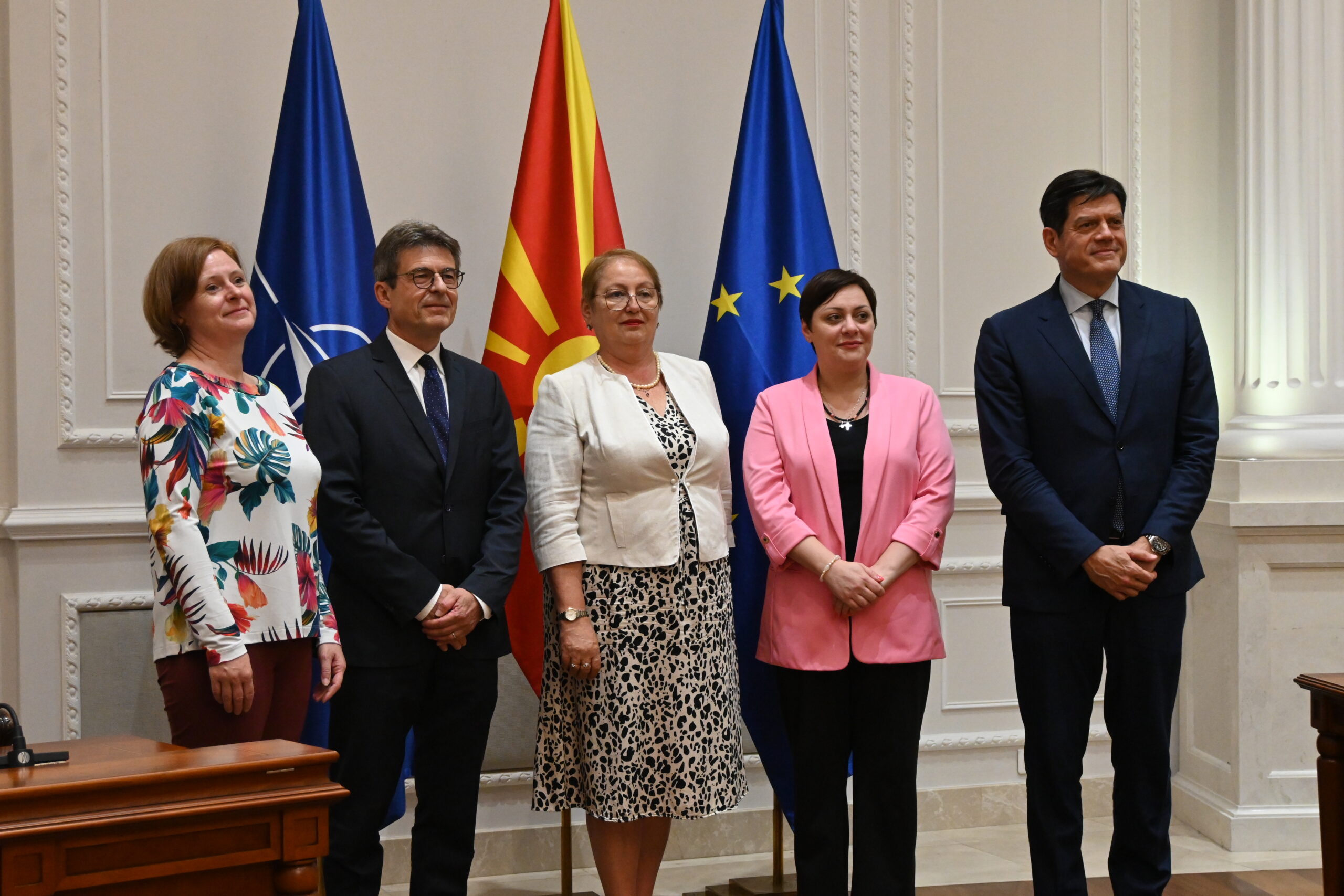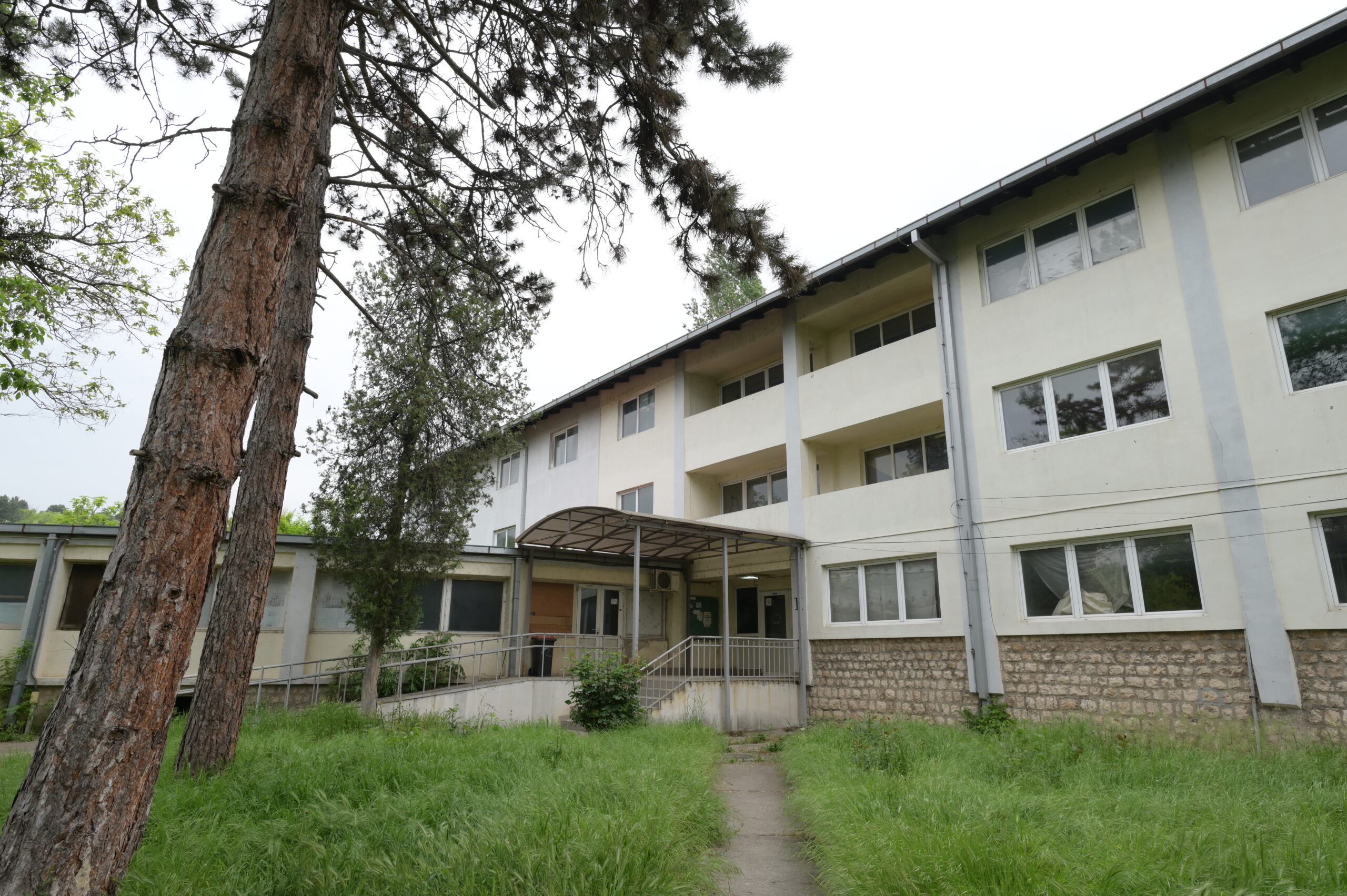The future of energy efficiency in the Western Balkans was the focus of a high-level meeting held on November 19, 2024, in Skopje. Key stakeholders from the EU, the European Bank for Reconstruction and Development (EBRD), the German Development Bank (KfW), and the Energy Community Secretariat came together to discuss the achievements of the Regional Energy Efficiency Programme (REEP) and the path forward. With more than €1 billion already invested, the program continues to be a driving force for the region’s green transition.
Established in 2013 under the European Union’s initiative, REEP is a groundbreaking program combining loans from EBRD and KfW with EU-funded grants, technical assistance, and investment incentives. The program has delivered transformative results in the six Western Balkan countries, including:
- Helping align national energy laws and policies with EU standards, including the drafting and adoption of 90 EU energy regulations.
- Supporting over 34,000 households and 2,000 small businesses in implementing energy-saving measures and renewable energy solutions, improving living standards, and reducing energy costs.
- Upgrading 540 public buildings, such as schools, dormitories, and healthcare facilities, to meet higher energy efficiency standards.
Beyond these milestones, REEP’s impact is evident in its contribution to environmental sustainability. Once completed, these investments will reduce CO2 emissions by an amount comparable to removing 190,000 cars from the streets. This is particularly critical for cities like Skopje, where air pollution remains a pressing issue.
Voices of Leadership
The meeting highlighted the continued commitment of stakeholders to scaling up energy efficiency investments. Steffen Hudolin (EU Delegation) praised green technologies’ impact on reducing urban air pollution. Mauro di Veroli (DG NEAR) highlighted REEP’s role in the EU’s Renovation Wave and decarbonization goals. Pablo Obrador (KfW) stressed the need for increased collaboration to meet high funding demands. Matteo Colangeli (EBRD) reaffirmed support for energy efficiency and decarbonization projects, emphasizing their dual impact on economic development and improving regional air quality.
A Vision for the Future
Despite the successes, much work remains to be done. The Western Balkans’ energy productivity lags significantly behind the EU average, signaling a continued need for structural investments. Scaling up energy efficiency initiatives is not only a matter of aligning with EU standards but also a vital step toward creating healthier and more sustainable communities.
The REEP program, with its proven track record, is well-positioned to lead this transformation. Stakeholders committed to deepening collaboration and expanding funding to ensure that the region can meet its decarbonization targets, strengthen its economies, and improve living conditions for its people.
As demand for investments grows, the Western Balkans’ green transition stands as a powerful example of how cooperation and innovation can drive significant progress in energy sustainability.
Progress in Energy Efficiency and Sustainability
The project continues to make significant strides in improving living standards and promoting sustainability. As part of this, the Steering Committee meeting assessed progress and discussed future priorities.
This project is dedicated to transforming dormitories into modern, energy-efficient spaces aligned with Nearly Zero Energy Building (NZEB) standards. Renovation activities currently focus on Kuzman Josifovski Pitu and Stiv Naumov dormitories in Skopje. These upgrades include structural improvements, eco-friendly heating systems, and photovoltaic panels, targeting a 40% reduction in energy consumption while ensuring a comfortable and sustainable environment for students.
The project is a cornerstone of North Macedonia’s commitment to energy efficiency and environmental responsibility. Future phases will expand these benefits to seven additional dormitories across the country, underscoring the impact of green investments on education and sustainability.
As part of the meeting, stakeholders visited the Kuzman Josifovski-Pitu dormitory to observe the ongoing reconstruction activities and view a completed mockup room showcasing the upgraded living conditions planned for the entire facility.






